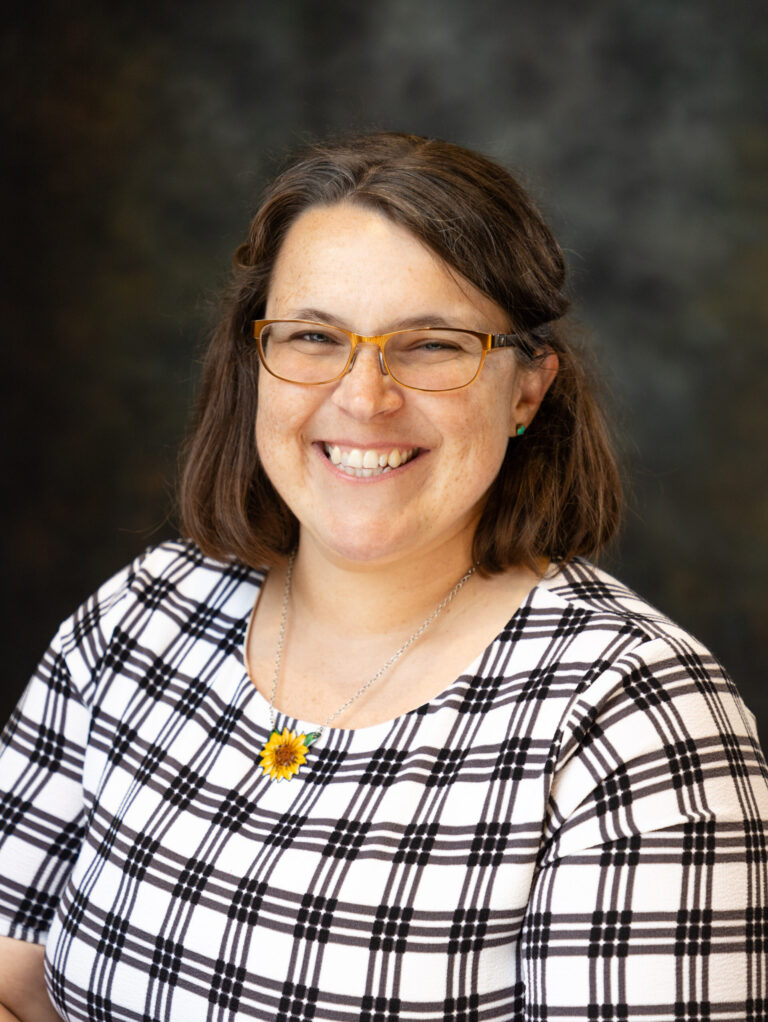The Republican authors of legislation to create a new dental therapist license in Wisconsin hailed the proposal as a way to improve access.
But a lobbyist for the Wisconsin Dental Association countered that while the lawmakers’ intentions were good, their efforts were misplaced. He said the state would be better off to invest in the care already provided by his members, particularly by improving reimbursement rates under the Medicaid program.
WDA’s Matt Rossetto argued to the Senate Health and Human Services Committee at an hours-long public hearing on Aug. 21 that his members weren’t worried about the possibility of competition from dental therapists, who would be a step down from a dentist in the procedures they could perform.
Still, he said the proposal wouldn’t be as effective as backers argued for expanding access, particularly in rural areas. He said the state has repeatedly opted against increasing reimbursement rates for dental care under the Medicaid program, resulting in Wisconsin slipping to No. 49 in the country. Rossetto argued that has resulted in dentists deciding against participating in the program.
With some 3,700 dentists in the state, he said there are enough to serve the population. But they are concentrated in urban and suburban areas because patients there are more likely to either have insurance or be able to pay for services on their own.
“We do not have a supply problem,” Rossetto said. “We have a distribution problem.”
But Rep. Mary Felzkowski, R-Irma, and Sen. David Craig, R-Big Bend, touted their proposal to the Senate committee, arguing it is a needed step to expand access.
“If we don’t have caregivers to perform procedures, all the money in the world won’t help us,” Felzkowski said.
Current law only provides licenses for dentists and dental hygienists. The bill would create a dental therapist who would have to work under the general supervision of a dentist through a collaborative management agreement. They would be able to perform services that range from oral evaluations to tooth extraction.
Felzkowski said the WDA had declined to sit down with the authors to work on the bill but expressed hope they could in the future.
“I do think there’s common ground that we could help make this maybe a little more palatable, but they have not sat down with us,” she said.
Rossetto had several testy exchanges with GOP Sen. Dale Kooyenga, who asked the lobbyist pointed questions.
They jousted over funding. And Kooyenga pressed Rossetto on whether there were any dentists in Wisconsin he wouldn’t trust to oversee a dental therapist after the lobbyist raised concerns about the supervision requirements in the bill.
At one point, Rossetto complained the WDA wasn’t “part of the conversation” on the bill, drawing a rebuke from Kooyenga, who reminded the lobbyist he was part of a public hearing on the bill.
Rossetto said Kooyenga wasn’t involved in drafting the bill, prompting the lawmaker to remind him he was one of the co-authors.
“Stop saying we’re not having a conversation,” Kooyenga said.
According to the Badger Institute, which supports the bill, more than 20% of the state’s population lives in dental care shortage areas. And 64 of the state’s 72 counties have at least one dental care shortage area, as designated by the federal government.
Dental therapists are mid-level providers who work under dentists to provide care at a lower cost.
In a joint release, the Badger Institute and Kids Forward say allowing dental therapists to practice in the state would give more children access to care they currently can’t get due to financial struggles or other issues.
Dr. Patrick Tepe, a Verona dentist and president of WDA, says the state instead needs “adequate resources” for dentists and other dental care providers already working in the state.
Marquette University, which houses the state’s only dental school, also has registered in opposition to the proposal.
For more, visit WisPolitics.com
The Capitol Report is written by editorial staff at WisPolitics.com, a nonpartisan, Madison-based news service that specializes in coverage of government and politics, and is distributed for publication by members of the Wisconsin Newspaper Association.
Copyright © WisPolitics.com



